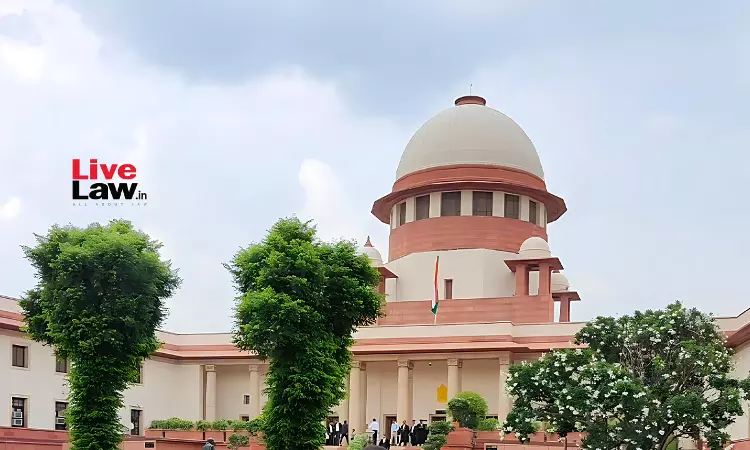Supreme Court Issues Notice On Plea Against Alleged Illegal Detention Of Rohingya Refugees
Gyanvi Khanna
10 Oct 2023 3:12 PM IST

Next Story
10 Oct 2023 3:12 PM IST
The Supreme Court on Tuesday (October 10) issued notice in a Writ Petition filed under Article 32 of the Constitution of India seeking a direction to be issued to the Union of India for releasing Rohingya refugees who have allegedly been illegally and arbitrarily detained in jails and detention centres across the country.In the present petition, it has been asserted that the continued...
